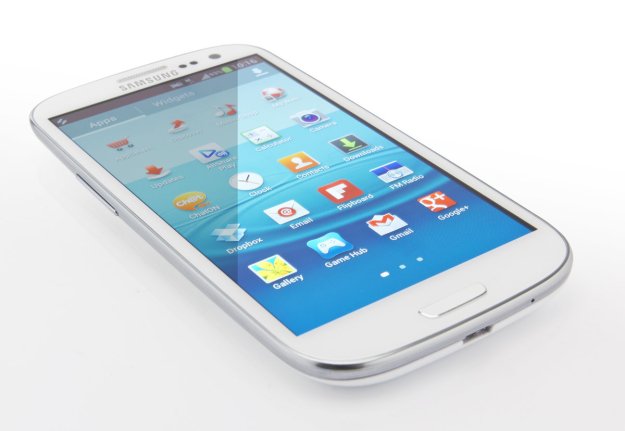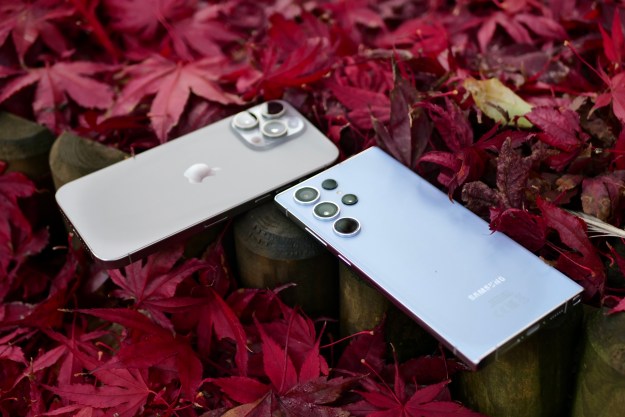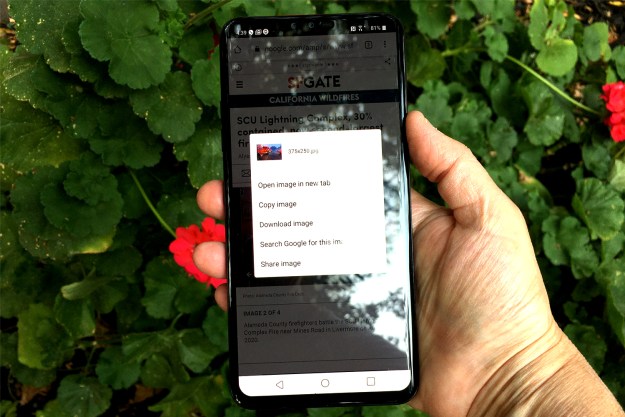 It’s official: the smartphone marketplace is a duopoly. Chances are, if you own a smartphone, your device’s operating system is either Android or iOS. Combined, The Register reports that the two operating systems accounted for 91.1 percent of all smartphone sales after 2012’s fourth quarter, according to analysts at International Data Corporation.
It’s official: the smartphone marketplace is a duopoly. Chances are, if you own a smartphone, your device’s operating system is either Android or iOS. Combined, The Register reports that the two operating systems accounted for 91.1 percent of all smartphone sales after 2012’s fourth quarter, according to analysts at International Data Corporation.
Apple fans will be upset to know that the bulk of that dominance belongs to Android, which topped out at nearly 69 percent of all smartphone sales. (To put it into perspective, there were nearly 500 million Android-powered smartphones sold in 2012, versus the 136 million Apple devices sold, giving them nearly 19 percent of the smartphone market.)
Sales of iOS-powered smartphones were highest in the Western markets, and the increased numbers are largely accredited to the lowered prices of the iPhone 4 or 4S after the introduction of iPhone 5. (We should also mention, the excitement over the release of the iPhone 5 also brought in record sales.)
In comparison, Blackberry device sales plummeted more than 36 percent last year. It’s no surprise, considering how long it took for the company to step up its game and catch up with the innovations that have made Android and iOS so popular. BlackBerry 10 was only unveiled a few couple weeks ago.
But Microsoft phones are still at the bottom of the totem pole, accounting for just 2.5 percent of smartphone sales.
It’s tough to say whether or not there’s a chance for any of the current companies to make any headway in the market, but for the time being, if you’re looking to buy a new smartphone, chances are the device you’ll choose will be powered by either Android or iOS – the Windows and Mac, or Pepsi and Coke, of the smartphone market.
Editors' Recommendations
- An Apple insider just revealed how iOS 18’s AI features will work
- The 10 best photo editing apps for Android and iOS in 2024
- How to add a different home screen wallpaper on iOS 17
- The 7 biggest features we expect to see in iOS 18
- This could be our first look at iOS 18’s huge redesign


